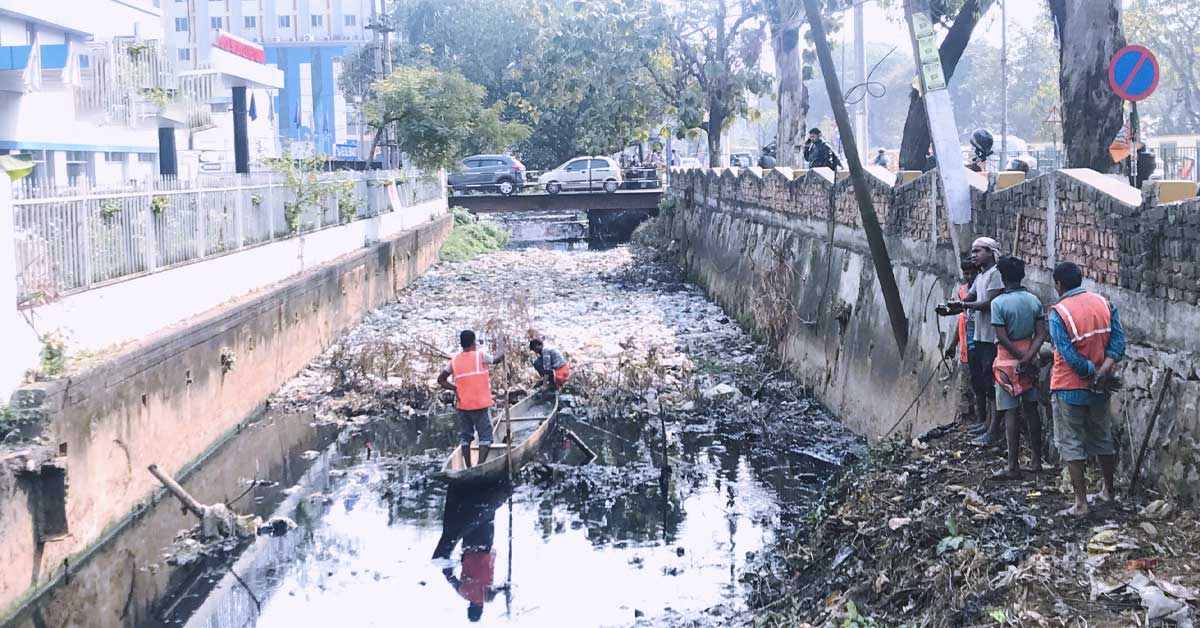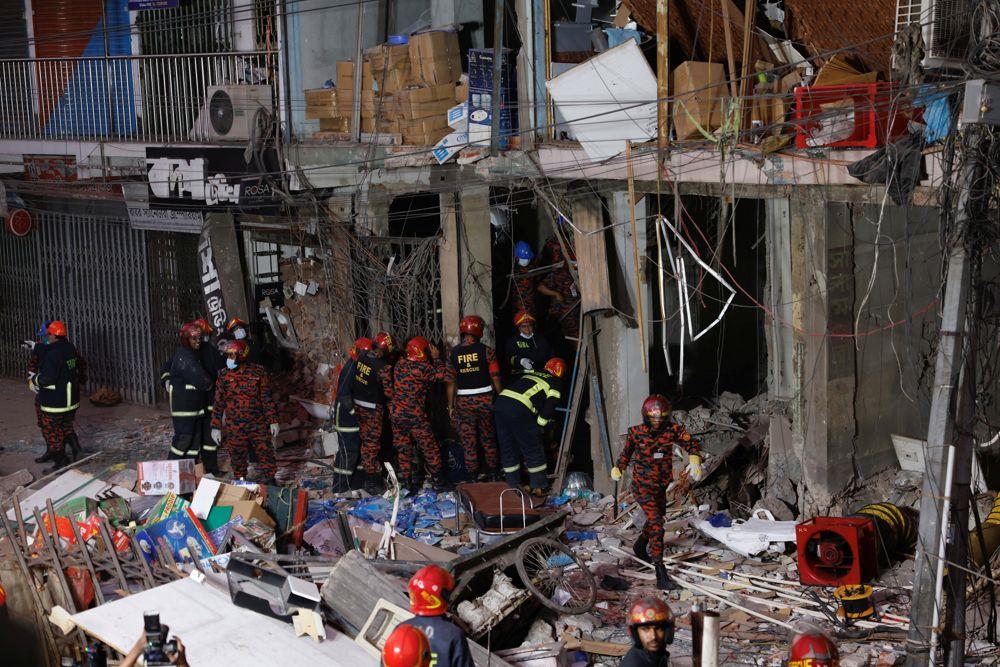A government order says that up to 89 bridges that cross a river along an 8-kilometer stretch of the city will be destroyed to get rid of water problems in that area. But later the no of bridges was reduced to 26 in nos. On Monday, Housing and Urban affair minister, Ashok Singhal clarifies.
The “emergent nature” of the assignment was cited in the ex-parte order to destroy public and private bridges.
Pallav Gopal Jha, the chairman of the district management authority and the deputy commissioner for the Kamrup metropolitan area, issued an order saying that any interference or resistance from the public during the demolition will be seen as an obstruction to public service, and legal action may be taken according to the laws and rules in place.
Despite the fact that the directive was issued on Thursday, the authorities chose not to make it public.
Debabrata Saikia, leader of the opposition, disclosed it to the media on Monday.
The order said that it was passed “ex-parte” because it was “urgent for minimising urban floods.”
Bridges connecting the state zoo, the SBI Dispur branch and the regional headquarters, the NABARD office, the North Eastern Development Finance (NEDFi) corporate House, many hospitals, and densely populated residential areas are among the iron and concrete-built buildings.
In his decision, Jha said that the list of 89 bridges over the Bahini River was given to him by the commissioner of the Guwahati Municipal Corporation.They are “blocking” the natural flow of water, which is causing problems with water logging in different places.
He has given GMC the go-ahead to demolish these buildings right away to allow for the free flow of storm water during the rainy season and to give the populace an essential respite from acute water logging.
According to the order, I am of the opinion that if these structures aren’t taken down quickly, the work to clean up the Bahini river won’t be effective, which will make life very hard for the people who live there and the public in general.
On the banks of the Silsako Beel (lake) in the city, the Assam government recently evicted people from more than 132 acres of land, which is more than 400 bighas.
According to Guwahati Metropolitan Development Authority (GMDA) chairman Narayan Deka, the Silsako Beel, which has been reduced to a shallow pit due to encroachment, is one of the primary causes of water logging in the eastern section of the capital city during the monsoon.
According to an official, the GMDA has set the goal of clearing 100 metres, or about 400 bighas, on both sides of the lake as a first step.



